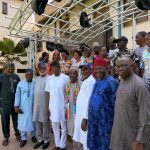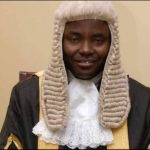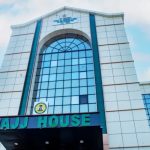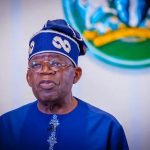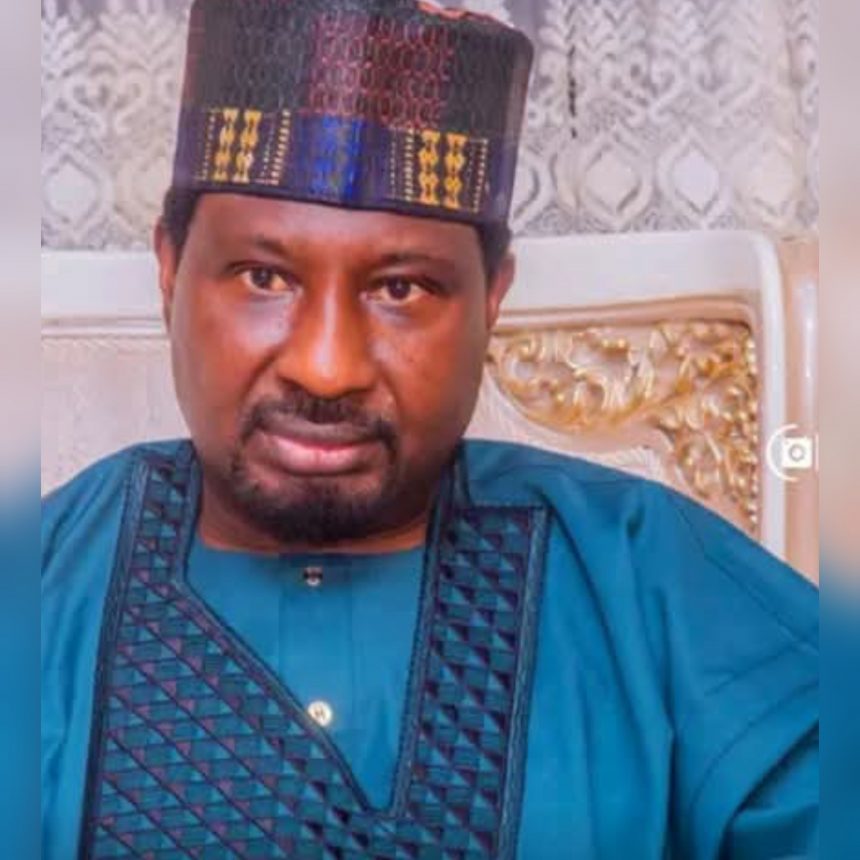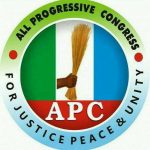Barau I. Jibrin Reflects on Political Journey, Says He Ventured Into Politics Before Kwankwaso
By Bala Salihu Dawakin Kudu
Democracy Newsline Newspaper 7th November 2025.
The Deputy President of the Senate, Senator Barau I. Jibrin, has offered new insights into his political trajectory, revealing that his foray into politics predates that of Senator Rabiu Musa Kwankwaso, the former Governor of Kano State and presidential candidate in the 2023 elections.
Senator Barau traced his involvement in politics to the formative years of party mobilization in Kano, long before Kwankwaso’s emergence in the state’s political scene. According to him, while he was already immersed in grassroots political activities and party organization, Kwankwaso was still serving as an engineer at the Kano State Water Board.
“He joined politics at a very young age because I believed in public service and community development. At that time, Kwankwaso was not yet in the political arena; he was in the civil service. So, my journey in politics started quite early, even before many of the big names people know today came on board,” Barau stated.
Barau, who represents Kano North Senatorial District, has been an influential figure in the political evolution of the state for more than three decades. His political career began in the late 1980s when he took active part in the mobilization and formation of political movements that shaped the democratic landscape leading to the Third Republic.
Over the years, Senator Barau has served in various capacities, including as a member of the House of Representatives during the aborted Third Republic and as a senator in successive democratic dispensations. His steady rise, political resilience, and bridge-building across party lines have earned him a reputation as one of Kano’s most consistent and pragmatic politicians.
“Experience is the best teacher in politics,” he noted. “The journey has been long and sometimes challenging, but I have learned that leadership requires patience, understanding, and genuine commitment to people’s welfare.”
Political analysts say Barau’s remarks are not only a clarification of his place in Kano’s political history but also an assertion of the continuity and transformation within the state’s leadership over the years. They argue that his comments may also reflect an ongoing effort to define his political identity and contributions, distinct from those of his contemporaries.
“What Senator Barau is trying to do is to remind the younger generation that politics in Kano did not begin with any single individual. He is emphasizing continuity — that people like him were there when the structures of modern Kano politics were being built,” Dr. Sani explained.
Deputy Senate President, Barau has continued to play a central role in national politics, focusing on legislative reforms, education, and economic development. His political maturity, he said, is rooted in decades of experience navigating party politics, governance challenges, and constituency representation.
He concluded by reaffirming his commitment to serving both Kano State and Nigeria with integrity and fairness.
“Politics is not a competition of who started first or who is most popular. It’s about service, vision, and legacy. What matters most is what we do with the opportunity to serve,” he said.
Senator Barau’s reflections come at a time when the political atmosphere in Kano remains vibrant, with historical alliances and rivalries continuing to shape the direction of leadership in one of Nigeria’s most politically active states.

